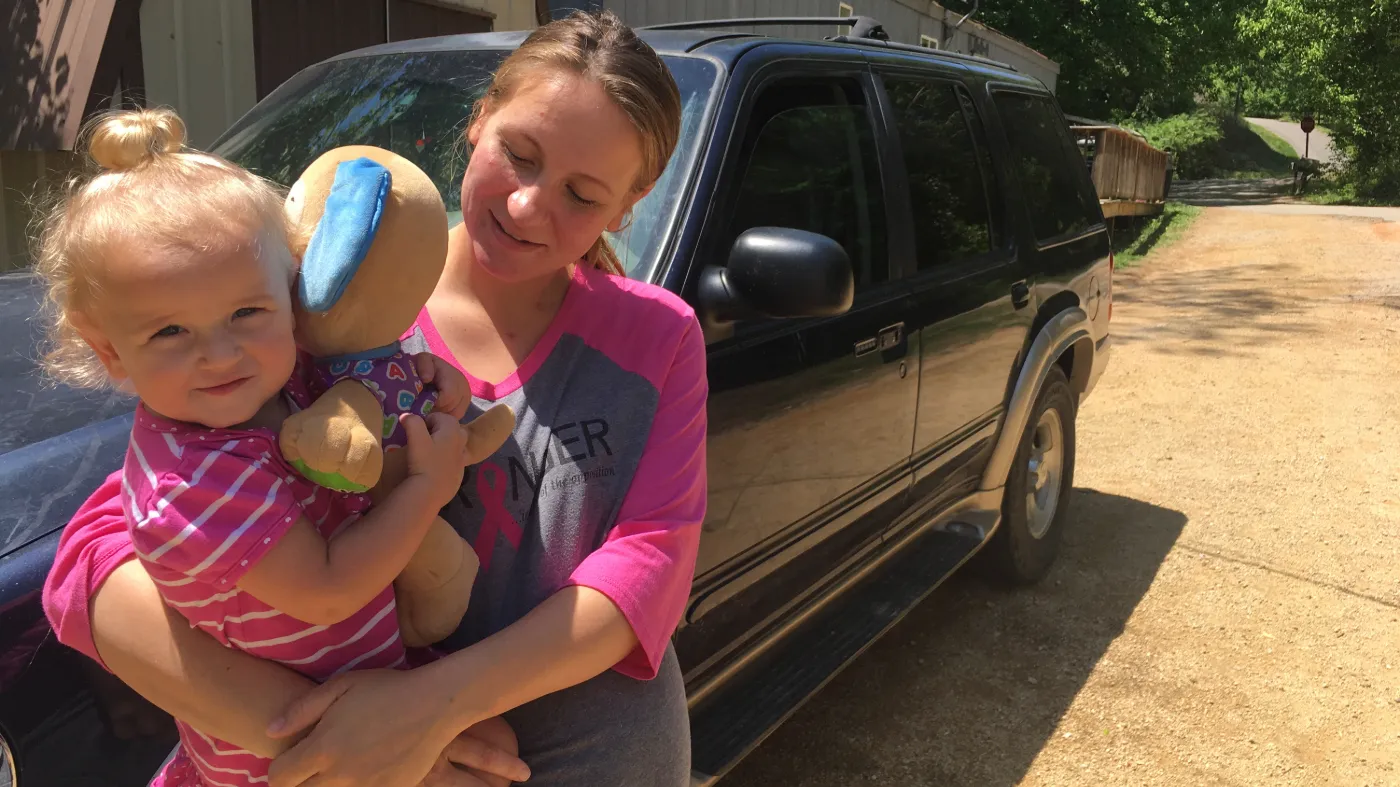Poverty Neglect vs. Child Welfare: A Call for Real Solutions

Poverty Neglect and Child Welfare: Unmasking the Reality
Poverty neglect is often misrepresented in discussions about child welfare. Advocates argue that families are wrongly scrutinized not for abuse but due to financial struggles. A report from the New York State Advisory Committee reveals a distinction between true neglect and cases where financial capability is lacking. Poverty is not the sole reason for neglect, as many cases involve underlying issues like substance abuse and mental health challenges.
Substance Abuse and Its Role in Child Neglect
Studies show a staggering 90 percent of child welfare cases involve families influenced by substance use disorders. This correlation suggests that neglect extends beyond mere financial deprivation, bringing to light the critical factors influencing parental capability.
- Poverty alone cannot explain child neglect.
- Attention to mental health is essential.
- Universal basic income may not address root causes.
Misguided Approaches to Child Welfare Reform
The focus on universal basic income as a remedy for poverty neglect could misguide legislative efforts. Evidence suggests cash payments might exacerbate existing issues rather than alleviate them, particularly when mental health and substance use disorders are prevalent.
- Legislators must consider comprehensive approaches.
- Targeted support for families is key.
- Evidence-based solutions should guide policy.
The American public recognizes that neglect arises from more than just poverty, and understanding these complexities is vital for effective child welfare reform.
This article was prepared using information from open sources in accordance with the principles of Ethical Policy. The editorial team is not responsible for absolute accuracy, as it relies on data from the sources referenced.